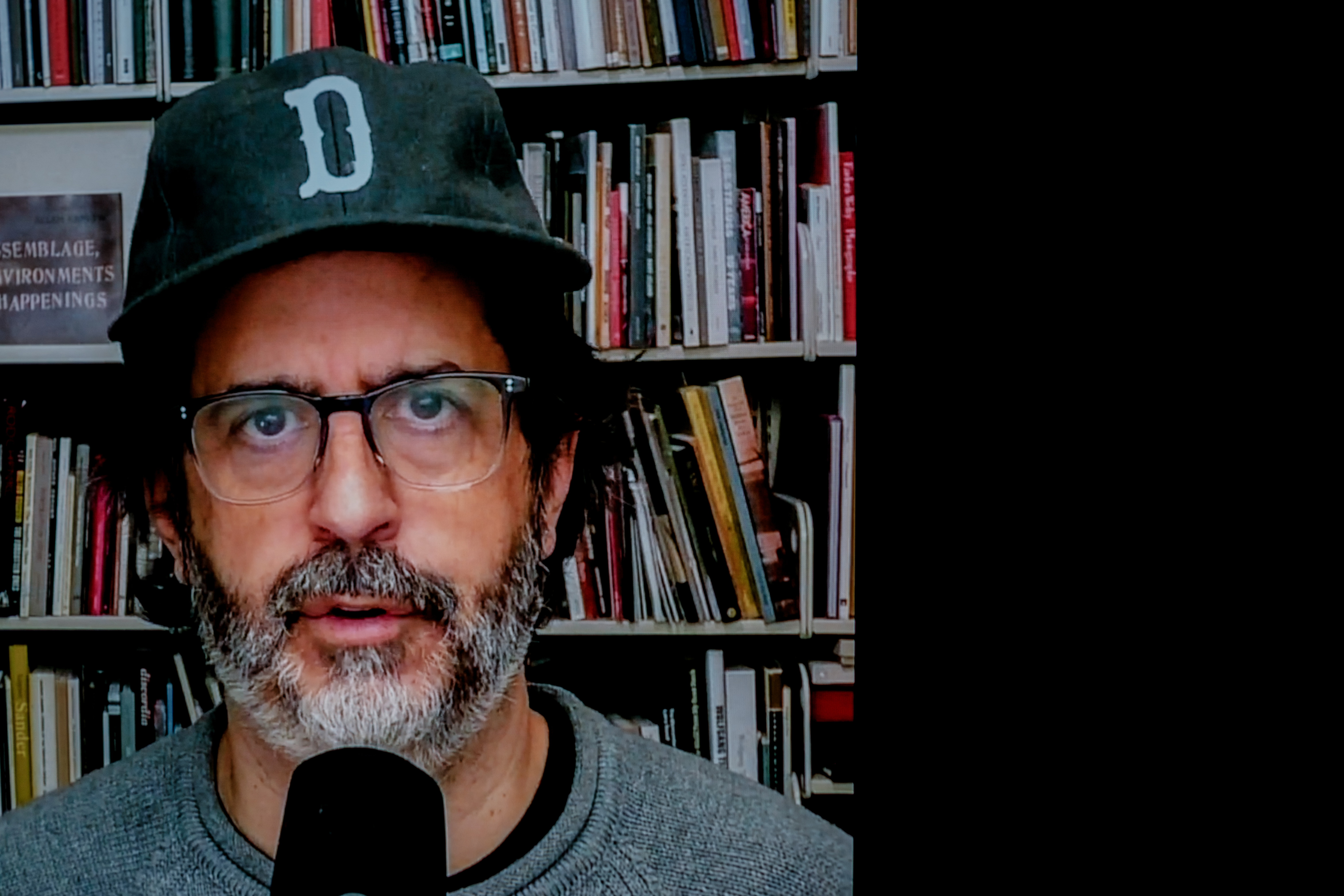When Ralph Waldo Emerson was in his mid-thirties, he started a series of biography lectures where he began to examine the lives of others with increased interest and scrutiny. In Emerson: The Mind on Fire, the author Robert D. Richardson writes that in Michelangelo Emerson
saw “the perfect image of the artist,” one who was born to see and express the beauty of the world… He loved the disinterestedness and spirit of the deal Michelangelo offered the Pope for his work rebuilding St. Peter’s in Rome: “no fee and no interference.” Emerson emphasized the sculptor’s interest in ideal beauty, how “he sought through the eye to reach the soul,” but he knew that the test of the artist and writer alike is not in intent but in execution.
For the longest time, this is how I’ve tried to work on my craft, by trying to express and execute “what the mind has conceived” and without outside interference. “Happy is he,” writes Emerson,
who looks only into his work to know if it will succeed, never into the times or the public opinion; and who writes from the love of imparting certain thoughts and not from the necessity of sale—who always writes to the unknown friend.
I was reminded of these quotes—these passages that I very happily transcribed in my notebook—when this morning I read this very sobering article in Ted Gioia’s newsletter:
How creative can you really be if you need to please an enormous mass-market audience? When you go down that path, you need to stick close to all the familiar formulas—and that’s exactly what you see in much of our culture nowadays.
Earlier in the article he wrote that “only 19% [of survey respondents] made more than $50,000. In other words, their arts degree was more likely to put them below the poverty line than in the middle class.”
What really struck me was that “only 10% devoted 40 hours per week or more to their art.” I’m surprised at both how high I think 10% is and how much 40 hours a week spent on working on one’s art is, too. Both of my reactions tell me how unbelievably sad and disappointed I am at how the modern world works.
Just yesterday I started to wake up at 4am in order to fit an extra hour of writing time into my day. And even then, I’m maybe working 15-20 hours a week on my art. I would do whatever it takes to double this workload if at all possible, but I need to go to work in order to to pay my bills and buy food to eat. And Ted Gioia understands this, too:
So my advice to students interested in the arts is based on my own practice: namely, that they should pursue their craft but also develop at least one money-earning skill before they reach the age of 30. It doesn’t need to be an elite career, merely something that will pay the bills in a pinch.
I wish I could be like Michelangelo and tell the Pope not to pay me as long he doesn’t interfere with my art, but I can’t. I wish I could look upon my “work to know if it will succeed,” to be one “who writes from the love of imparting certain thoughts and not from the necessity of sale,” but I can’t. This is the 21st century, and the best I can do is to wake up hours before the sun rises so I can fit a bit more time in my day to work on my art, and to go to bed when the sun is still shining brightly in the sky so I can wake up early and with enough energy to be able to work on my craft to the best of my ability.
I wish things were different, but I have to admit, I love what I’m doing, and that’s the point of art, isn’t it? To feel the joy of simply being alive to experience this? This world, this universe, this moment?








